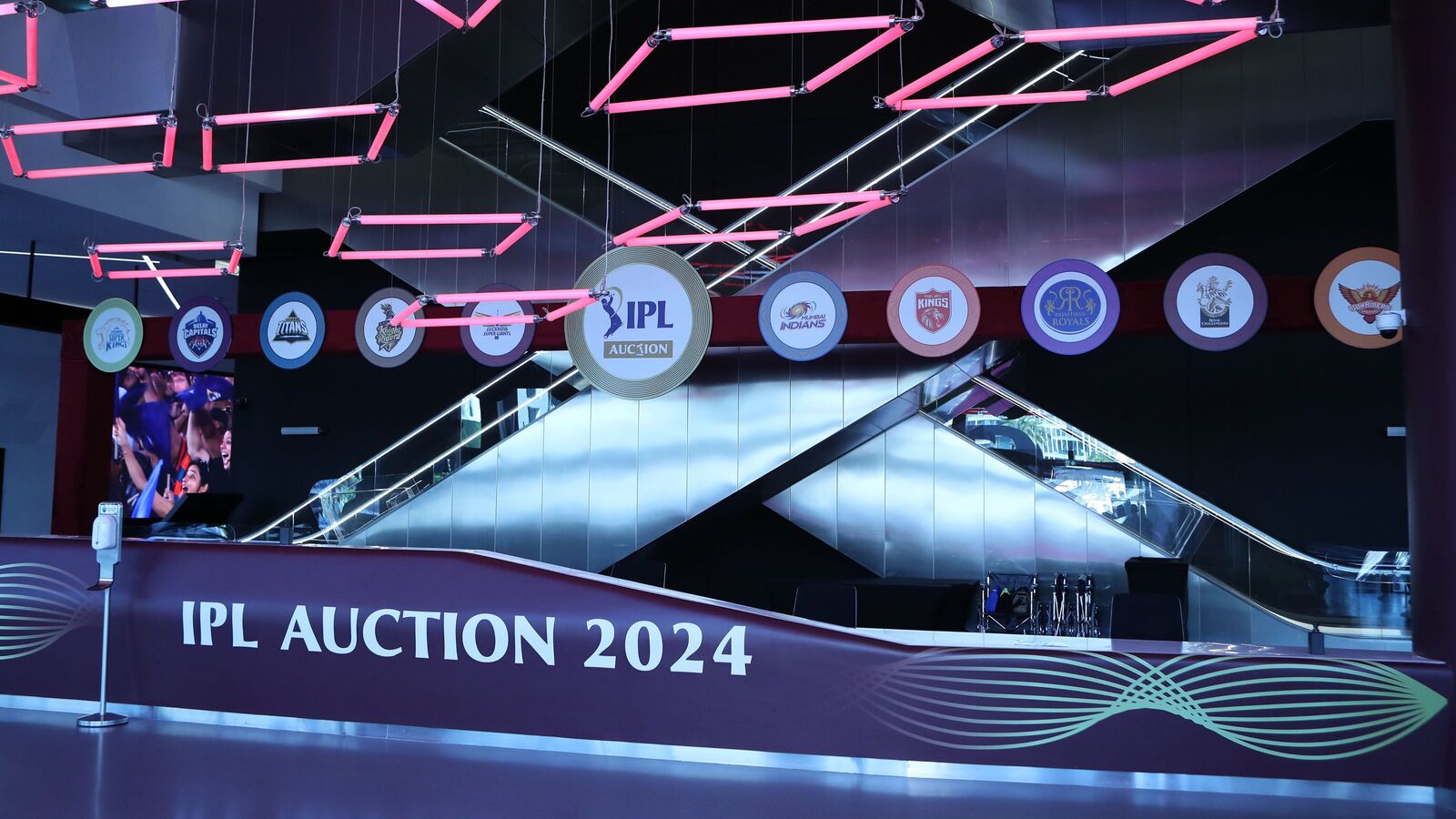[ad_1]
The auctions for Indian Premier League (IPL) stars drew a collective exclamation when Mitchell Starc was taken by one of the franchises for ₹24.5 crore, the highest paid for any cricketer. Was this shocking? Yes. Was there something amiss? No. That’s because it is the market that decided the price of the player. This is what happens in any market where forces of demand and supply meet. Ten team owners were part of an open and transparent auction that involved a price-discovery process. Welcome to IPL, which epitomizes Adam Smith’s theory of free-market capitalism.
The set-up is analogous to how the corporate sector operates. Just like we have shareholders who repose faith in a company, so it is with the people who form audiences in stadiums or watch matches on TV screens and hand-held devices. They do not own teams, but their presence is essential for these tournaments to take place, as this ecosystem exists for them. Sponsors are willing to sponsor as they have a committed home audience. Audiences get what they want, and as long as they are willing to pay for match tickets (which can go up to ₹20,000 a seat), there can be no counter-argument.
Players are like employees in the capitalist world. All of us get entertainment on a daily basis as we go home and watch IPL matches after office hours. These players play continuously for almost two months and burn out easily, just as employees do at work. Their burn-out is through injury more often than not. But all are paid very well, which is what motivates them to play. The same happens in the corporate world, where employees are made to work endlessly and compensated with bonuses and stock options. There is a lot of travel involved for executives across cities and countries, where they reside in the best hotels. The same holds for cricketers, who need to travel every second day from one city to another. This is the free market place at work, as no one forces anyone to play the game.
At times, bidding for a team player can resemble an initial public offering (IPO). A new entrant to a team (either fresh or from another side) fits the bill. The franchise pays a huge sum (the share premium over the minimum bidding price) to get the player, but the cricketer could still misfire at listing time (actual match performance). The media will pass snide remarks, while supporters take umbrage, but nothing can be done for the season. Again, it is the market at work. The movement of players from one team to another is more like staff attrition, with better terms making one migrate. Of course, some players are dropped for alternatives.
A free-market economy is open to foreign investors pitching their products to consumers. That’s how we got McDonald’s, Nike, Adidas, Pizza Hut and so on. IPL has the same model. This form of capitalist cricket also gets the best foreign names. Think of Williamson, Warner, Boult, Starc, Cummins, etc. Old brands like Ponting, Sangarakara and Rhodes have also been with the IPL—first as players and now as coaches or commentators.
A twist is the introduction of an ‘impact player,’ much like how multinational corporations (MNCs) operating in India customize products to serve domestic preferences. Hence, like the famous McAloo Tikki burger, an India-centric creation, players get substituted during the match to enhance the team’s performance.
Just as analysts and economists pontificate on how one should read markets and the economy, there are experts who analyse every over that is bowled. This is on a sports and not business channel, though; that’s the difference. Newspapers have at least one full page dedicated to what transpired the previous day, with descriptions and analyses, just like we follow articles on GDP growth or inflation. The forward-looking guidance given by experts for a match to be played the next day is similar to the market forecasts we see on business pages.
Free-market capitalism also gives birth to advertising, which can be extreme at times. As long as the broad rules are followed, like no overt advertising for tobacco or liquor, everything is acceptable in the world of double standards. While we have the Reserve Bank of India and Securities and Exchange Board of India trying their best to ensure that retail investors are not misinformed, there are no such rules once we cross this boundary. Hence, a former cricketer of the Indian team who also runs a school for children seems to see nothing amiss in doing surrogate ads for a tobacco-based mouth freshener. Such products are also endorsed by two ‘great’ former Indian team members, as well as a West Indian batsman. Not to mention two Bollywood stars.
As determined by the market, we have also seen the rise of gaming apps, where anyone can create an imaginary team and hope for financial rewards. The law takes a view that this is not gambling, but gaming, as it involves skill! Hence, we see captains of IPL franchises appearing on TV screens every few overs to encourage viewers to participate and win big on another pitch, online. There are cautionary riders for the attentive, but the impact has been tremendous, as millions are hooked on to these games.
Hence, IPL best exemplifies capitalism. The market decides everything. Those who are not in favour can drop out, as there is no compulsion. The stakes are high and much value is created along the way, as food-delivery services, bars, hotels, travel services, garments and other businesses boom.
These are the author’s personal views.
[ad_2]
Source link
